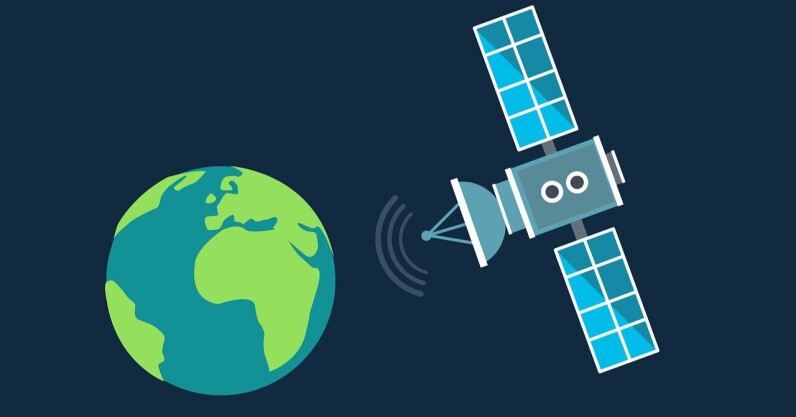
A German satellite that will test new AI technologies in orbit for automatic detection of anomalies on planets and asteroids is set for launch. Despite its ambitious mission, the so-called SONATE-2 is a six-unit cubesat, a type of nanosatellite that’s no bigger than a shoebox. It was designed and built by a team led by aerospace engineer Professor Hakan Kayal from Julius-Maximilians-Universität (JMU) Würzburg in Germany. According to Kayal, projects of this sort are quite uncommon. “What is unique about our mission is that the AI is trained on board. Normally, this training is done on Earth with powerful computers,”…
This story continues at The Next Web
from The Next Web https://ift.tt/2SQfCHI
Comments
Post a Comment